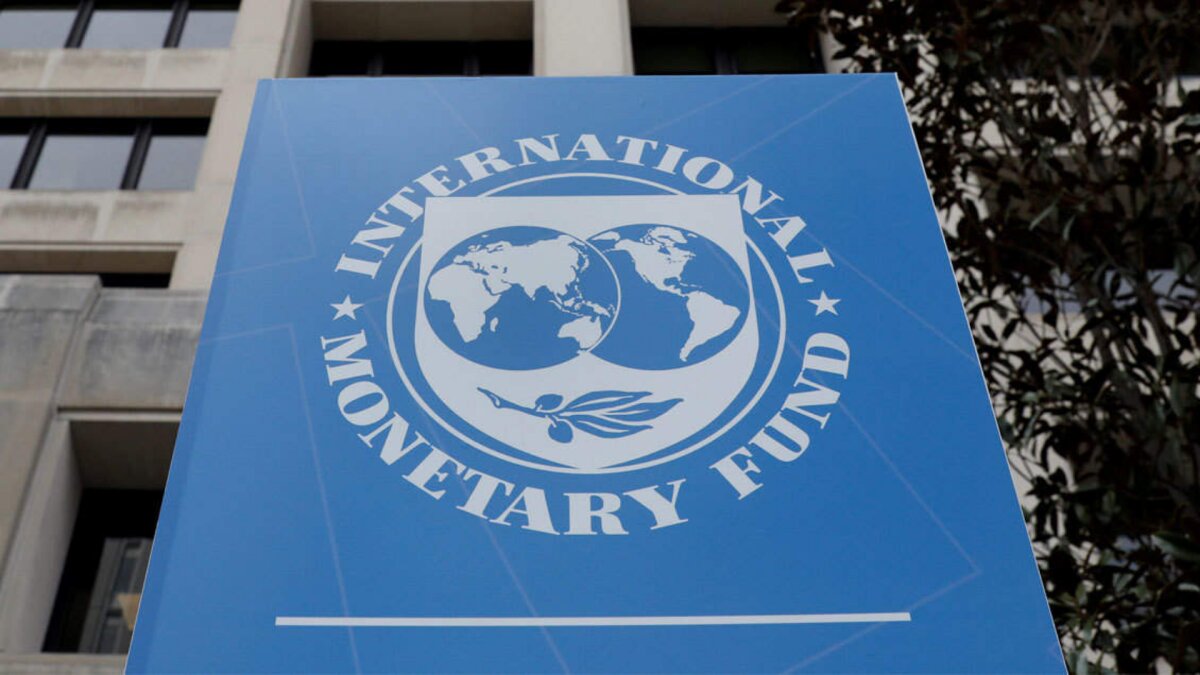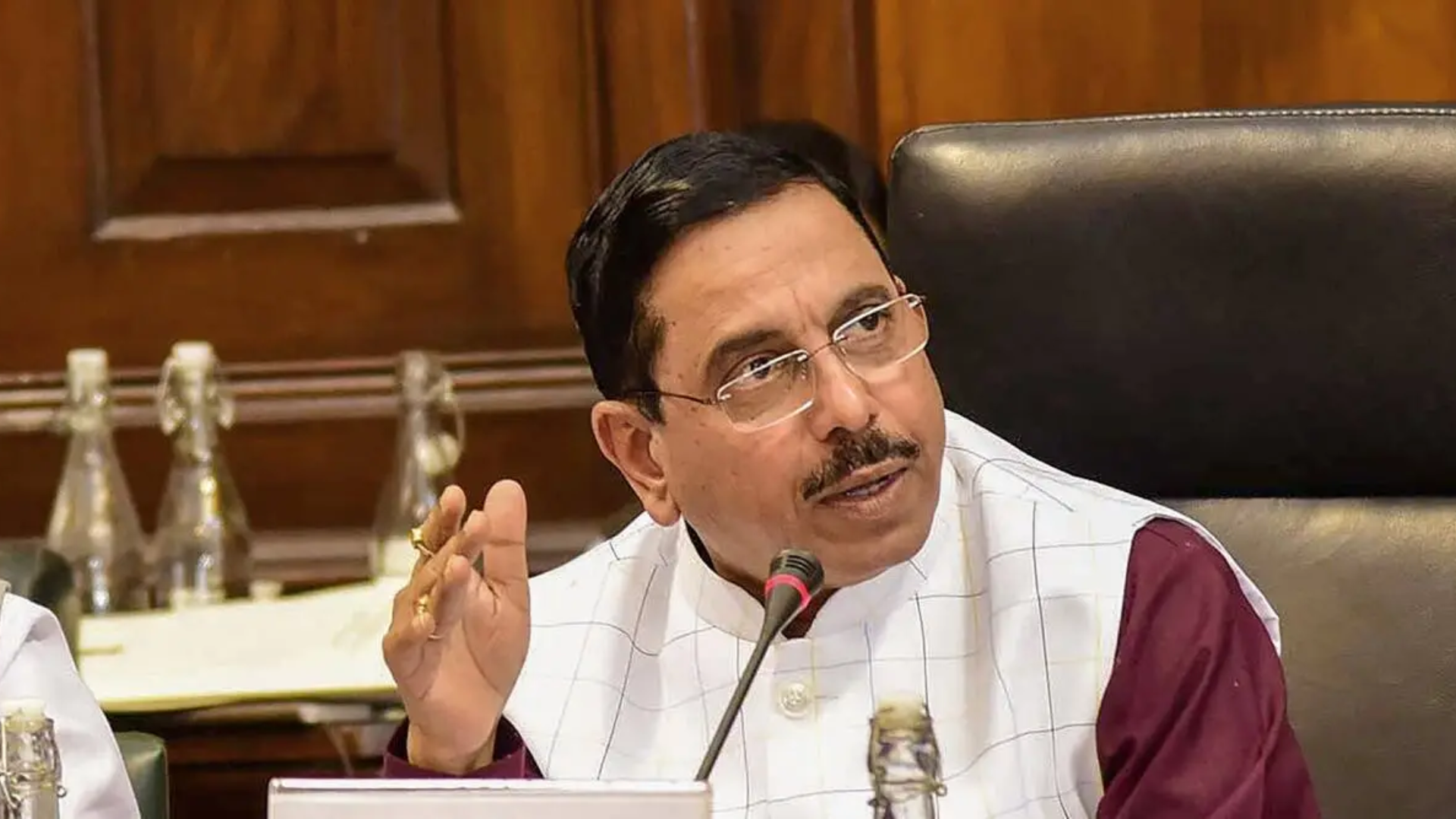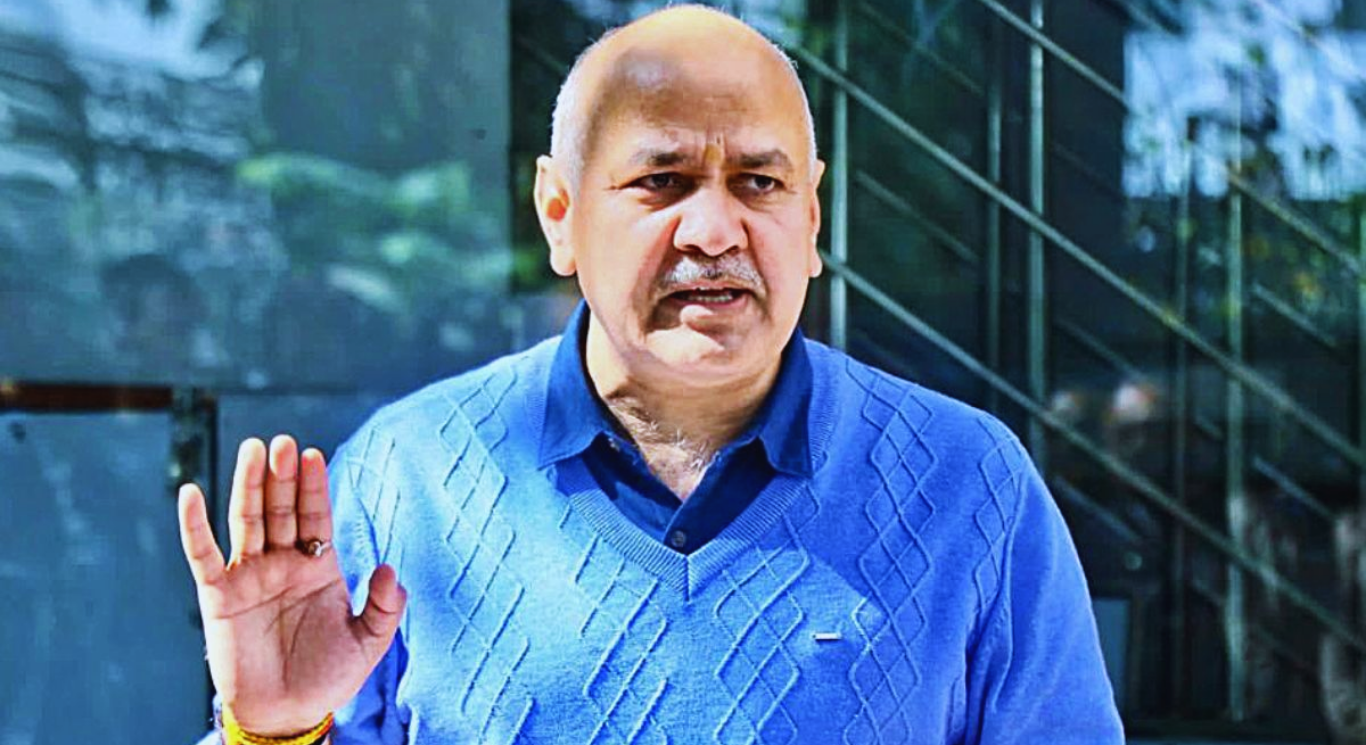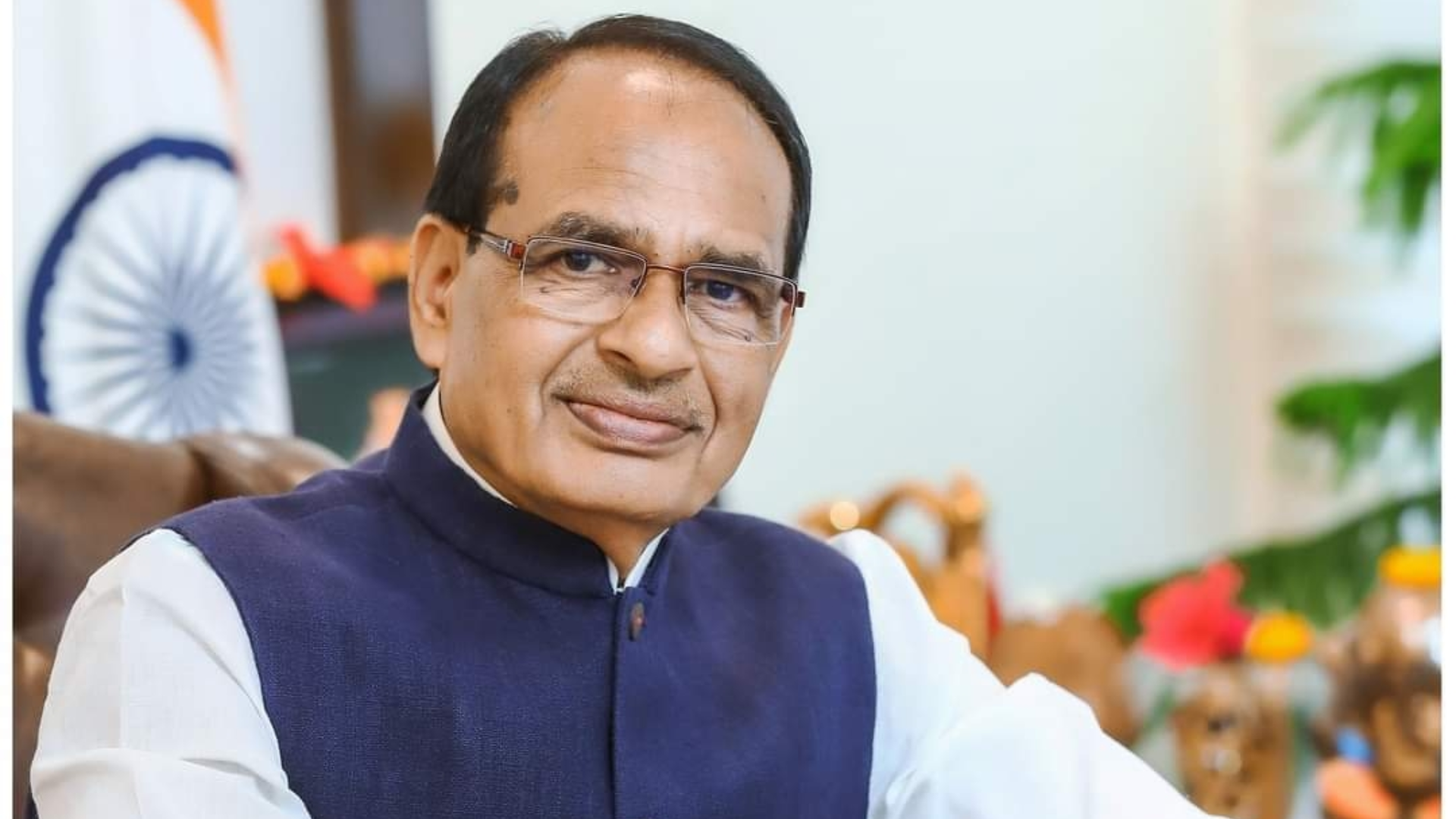










The International Monetary Fund (IMF) has upgraded its projection for India’s GDP growth for the fiscal year 2023-24 to 6.3 percent, marking the second positive adjustment since its April report. In the latest World Economic Outlook report released on Tuesday, the IMF anticipates India’s economy to grow by 6.3 percent this fiscal year, a 20 basis point increase compared to its previous estimate. The stronger-than-expected consumption during April-June was cited as a contributing factor to this growth projection.
This upward revision follows earlier forecasts of 5.9 percent in April and 6.1 percent in July, bringing the projection closer to the 6.5 percent predicted by Indian authorities. For the subsequent fiscal year (2024-25), the IMF maintained a 6.3 percent GDP growth projection, consistent with its prior assessments.
The IMF’s forecast for India’s consumer inflation during this fiscal year stands at 5.5 percent, slightly exceeding the Reserve Bank of India’s (RBI) 5.4 percent prediction. The RBI foresees inflation rates of 6.4 percent in Q2 (Jul-Sep), 5.6 percent in Q3 (Oct-Dec), and 5.2 percent in Q4 (Jan-Mar) for the 2024-25 fiscal year. Q1 of the 2024-25 fiscal year is expected to have an inflation rate of 5.2 percent.
On a global scale, the IMF predicts a slowdown in economic growth from 3.5 percent in 2022 to 3.0 percent in 2023 and further to 2.9 percent in 2024, significantly below the historical average of 3.8 percent (2000-19). Advanced economies are anticipated to experience a slowdown from 2.6 percent in 2022 to 1.5 percent in 2023 and 1.4 percent in 2024, reflecting the impact of tightening monetary policies.
Emerging markets and developing economies are forecasted to see a modest reduction in growth from 4.1 percent in 2022 to 4.0 percent in both 2023 and 2024. Global inflation is expected to gradually decline, moving from 8.7 percent in 2022 to 6.9 percent in 2023 and further to 5.8 percent in 2024, aided by tighter monetary policies and lower international commodity prices.
The IMF acknowledged that food security concerns had led to export restrictions in India, the largest rice exporter globally. Risks to prices were deemed to be leaning toward the upside, partly due to the repercussions of the end of the Black Sea Grain Initiative and the uncertain effects of El Nino, potentially exacerbated by the proliferation of food export restrictions.
Core inflation, excluding the costs of food and energy, is expected to decrease more gradually, and inflation is unlikely to return to target levels until 2025 in most cases. The IMF emphasized that the global recovery from the COVID-19 pandemic and Russia’s invasion of Ukraine remains slow and uneven, with numerous factors contributing to the hesitance in the recovery, including long-term consequences of the pandemic and other cyclical effects.
In summary, the IMF’s upgraded GDP growth projection for India signals positive economic prospects for the country in the fiscal year 2023-24, with ongoing global economic challenges and variations among regions affecting the overall global recovery.
Also Read: Sikkim Floods: IAF Evacuates 176, Including 16 Foreign Nationals
Catch all the Latest Business News, Breaking News Events, and Latest News Updates on NewsX









